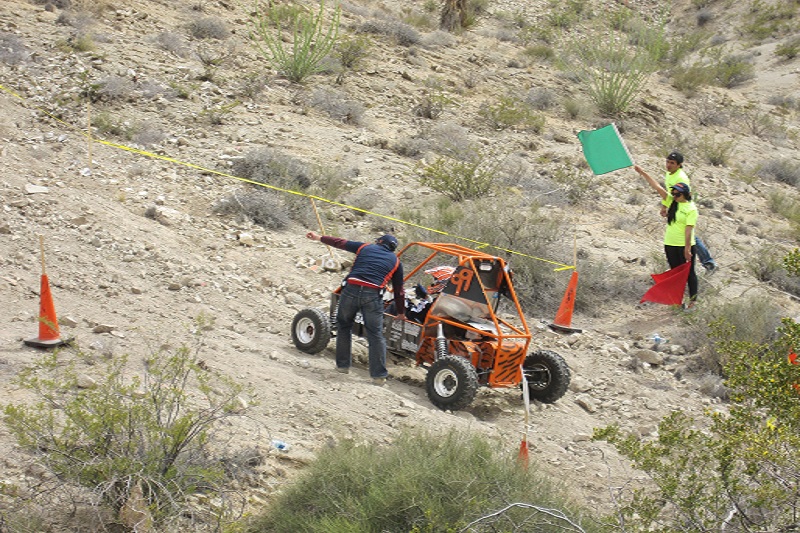Undergraduates

The Mechanical Engineering program at Idaho State University (ISU) provides students with a broad engineering education leading to an ABET-accredited baccalaureate degree (BSME). Graduates are prepared for challenging careers in a variety of specialties including: energy systems, aerospace, robotics, mechatronics, automotive, manufacturing, as well as entry into graduate programs. Dedicated professors provides individual attention and undergraduate research experiences.
Visit ISU for more information about the area.
Program Requirements
View Fall 2024 4 yr plan of study
ME Electives
Here are the lists of ME Electives effective Fall 2022 for Bachelor of Science in Mechanical Engineering.
Graduation Checklist
See "Degree Works" through MyISU to view a degree audit of your program.
Senior Design Application
You are eligible for the senior design sequence if you are in your final two or three semesters prior to graduation. An approved application is required to be able to register. Applications are due by the end of April each year. Once all applications have been reviewed, you will be notified by email as to the registration approval/denial. Please make sure you submit a completed application with all of the required documents to avoid any delays.
Mechanical and Measurement & Control Engineering Accelerated BS/MS Program
Students accepted into the accelerated BS/MS program may take departmentally approved graduate
coursework as part of their undergraduate curriculum. These credits will count towards both their
bachelor's and master's degrees and can fulfill major requirements, upper-division requirements, and/or
free electives.
Application for Accelerated BS/MS MMCE
Accreditation
The Bachelor of Science Program in Mechanical Engineering is accredited by the Engineering Accreditation Commission of ABET, https://www.abet.org, under the General Criteria and the Mechanical and Similarly Named Engineering Program Criteria.
Program Educational Objectives
Five years after they graduate, our Mechanical Engineering graduates demonstrate:
- Professional and Social Responsibility - demonstrate professionalism and ownership of their work, and be an active and positive influence in their community.
- Professional Leadership - balance the relationship between business and engineering and interface with multidisciplinary teams to achieve the combined objective.
- Career Development and Professional Growth - pursue life-long learning, professional affiliations, and increasing responsibility in the workplace.
Student Outcomes
- An ability to identify, formulate, and solve complex engineering problems by applying principles of engineering, science, and mathematics.
- An ability to apply engineering design to produce solutions that meet specified needs with consideration of public health, safety, and welfare, as well as global, cultural, social, environmental, and economic factors.
- An ability to communicate effectively with a range of audiences.
- An ability to recognize ethical and professional responsibilities in engineering situations and make informed judgments, which must consider the impact of engineering solutions in global, economic, environmental, and societal contexts.
- An ability to function effectively on a team whose members together provide leadership, create a collaborative and inclusive environment, establish goals, plan tasks, and meet objectives.
- An ability to develop and conduct appropriate experimentation, analyze and interpret data, and use engineering judgment to draw conclusions.
- An ability to acquire and apply new knowledge as needed, using appropriate learning strategies.
|
Academic Year |
Undergrad Enrollment |
BS Degrees Awarded |
|
2019 |
195 |
49 |
|
2020 |
150 |
26 |
|
2021 |
119 |
35 |
|
2022 |
116 |
13 |
|
2023 |
144 |
15 |

